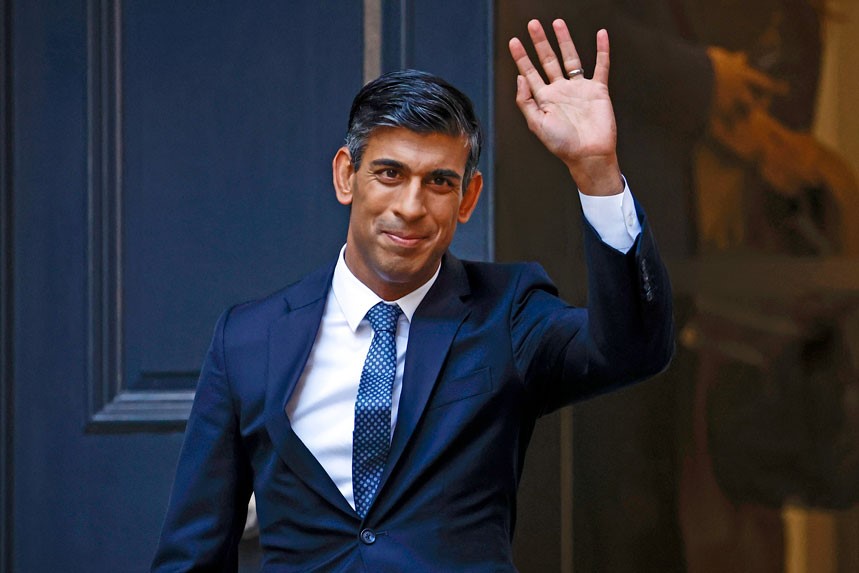Cameron argues that the decision to participate in military action was grounded in the need to defend vital national interests, particularly for a trading nation with one of the most open economies…reports Asian Lite News
British Foreign Secretary David Cameron justifies the decision to launch airstrikes against the Houthis in the Red Sea. The former prime minister justified it as a necessary response to relentless attacks on international shipping by Houthi rebels. Cameron emphasizes the critical importance of safeguarding the freedom of navigation and preventing illegal and unacceptable actions that could disrupt vital sea lanes.
Cameron, who provides insights into the decision-making process within the Cabinet, highlights the meticulous examination of alternatives and the thorough consideration of every relevant factor. The attacks on shipping in the Red Sea since November 19, totaling 26 incidents, raised concerns about the potential disruption of crucial supply chains and the impact on global prices.
Cameron underscores the global nature of the coalition formed to protect shipping in the Red Sea, with the Royal Navy actively participating in Operation Prosperity Guardian. Despite diplomatic efforts and warnings, the attacks persisted, leading the United States to request British assistance through limited and targeted military action.
Cameron argues that the decision to participate in military action was grounded in the need to defend vital national interests, particularly for a trading nation with one of the most open economies. He draws parallels to the campaign against Somali pirates in the same region during his tenure as Prime Minister, emphasizing the importance of collective action.
Addressing the timing of the strikes, Cameron clarifies that the decision was not rushed, with ample warning provided to the Houthi rebels. The international community, represented by a coalition of 44 countries and the United Nations Security Council, condemned the attacks, demanding an immediate cessation.
The former Prime Minister reveals direct communication with the Foreign Minister of Iran, a key ally of the Houthis, emphasizing the unequivocal stance that attacks against merchant and commercial shipping are unacceptable. However, the escalation in the number and severity of attacks, culminating in a significant assault on January 9 targeting a British ship and US allies, prompted the military response.
Cameron concludes by asserting the necessity, proportionality, and lawfulness of the airstrikes, emphasizing the Royal Air Force’s efforts to avoid civilian casualties. He dismisses Houthi claims that the actions are linked to Israel and Gaza, emphasizing the global impact of their attacks on ships from various countries.
Ultimately, the column stresses the joint international action’s objective, which aims not only to degrade Houthi capabilities with Iranian backing but also to send an unambiguous message that such actions will not be tolerated, and nations will be prepared to back words with actions.
ALSO READ-Rajnath, Cameron appreciate momentum of India-UK partnership








